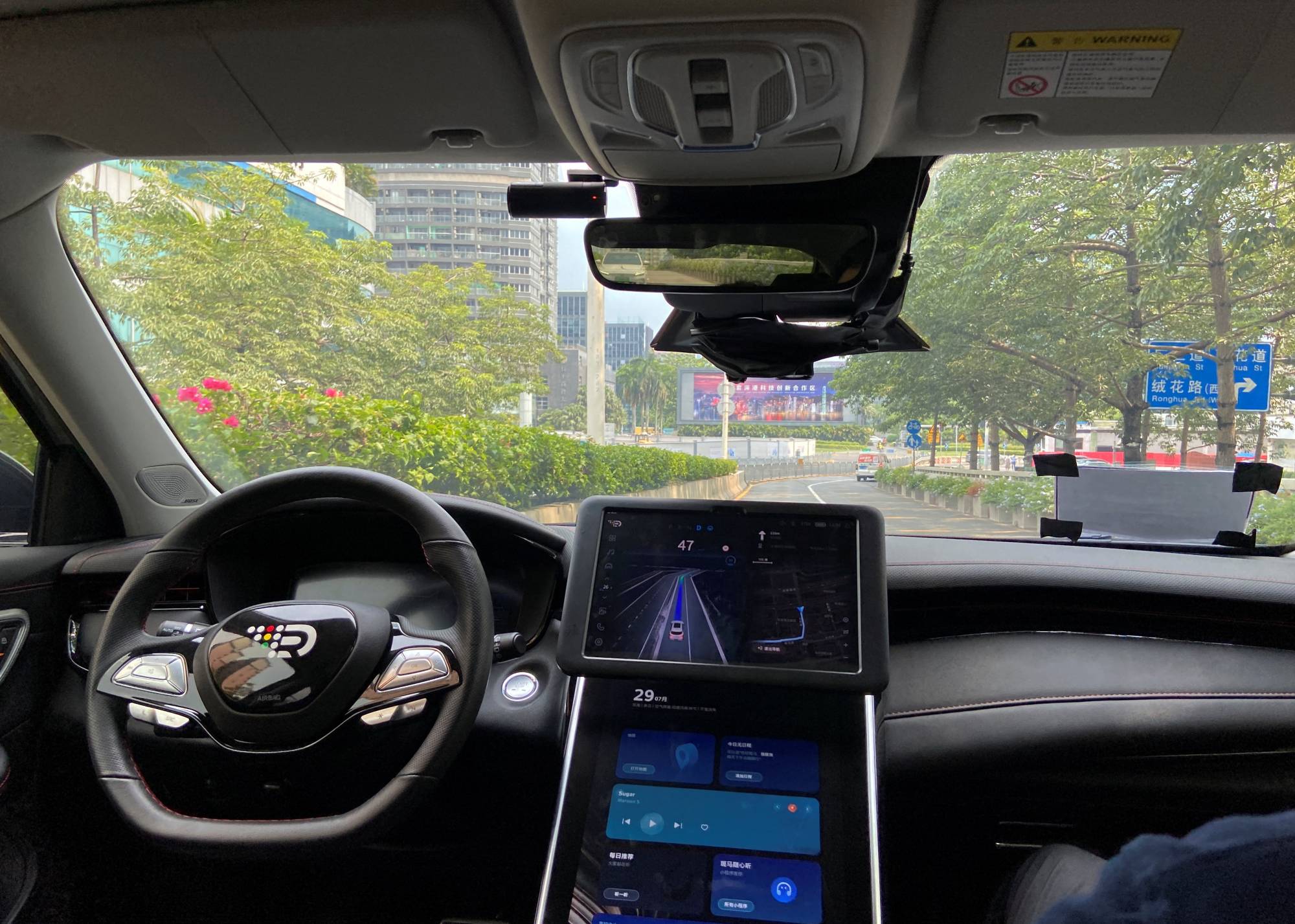
China’s ride-hailing drivers, like 36-year-old Liu Yi from Wuhan, face new challenges as robotaxis become more prevalent. Liu, who began driving part-time this year due to a construction slowdown, fears increased competition from driverless taxis will negatively impact his livelihood. “Everyone will go hungry,” he said, watching neighbors order robotaxis from Baidu’s Apollo Go.
Baidu and the Ministry of Industry and Information Technology did not comment on the matter. According to economists and industry experts, ride-hailing and taxi drivers are among the first to face potential job losses due to artificial intelligence. China, unlike the U.S., has been more aggressive in approving self-driving trials, despite the technology’s experimental nature.
Currently, 19 Chinese cities are conducting robotaxi and robobus tests, with seven allowing tests without human drivers. Apollo Go aims to deploy 1,000 robotaxis in Wuhan by year-end and expand to 100 cities by 2030. Pony.ai, supported by Toyota, operates 300 robotaxis and plans to add 1,000 more by 2026. WeRide, AutoX, and SAIC Motor are also key players in the autonomous vehicle industry.
Boston Consulting Group’s Augustin Wegscheider noted China’s rapid approval of robotaxi permits compared to the U.S., where firms like Alphabet’s Waymo and General Motors-backed Cruise face stricter regulations. Waymo, the only U.S. company operating uncrewed robotaxis for fares, has over 1,000 cars in San Francisco, Los Angeles, and Phoenix.
In China, concerns about job losses due to robotaxis have surged, particularly on social media. Drivers in Wuhan, like Liu, call Apollo Go vehicles “stupid radishes,” accusing them of causing traffic jams. Liu is also worried about the introduction of Tesla’s “Full Self-Driving” system and its potential impact on the market.
Veteran Wuhan driver Wang Guoqiang expressed concern for low-income workers reliant on ride-hailing jobs. “If you kill off this industry, what is left for them to do?” he asked. Baidu referred to earlier comments by Apollo Go’s general manager, who projected profitability for the platform despite current losses.
Economists believe automating jobs could benefit China long-term due to a shrinking population. Tang Yao of Peking University emphasized the need for balanced job creation and destruction rates. Eastern Pioneer Driving School has already reduced its instructor numbers significantly, favoring remote monitoring and computer-assisted training.
The increasing use of technology in transportation highlights both opportunities and challenges for workers and industries adapting to these advancements.
Featured Image courtesy of The Japan Times
Follow us for more updates on Robotaxis.
